|
Keeping your pet safe at Christmas
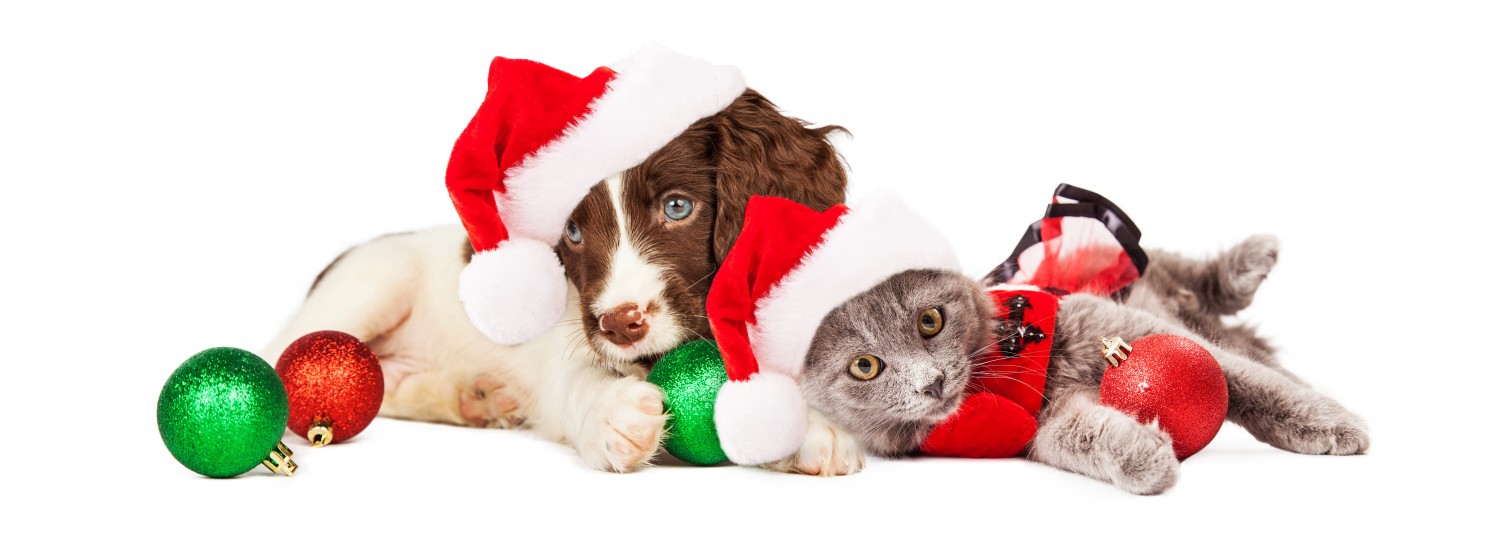
Don’t give in to those pleading looks from your pets – festive foods can be fatal! The pretty baubles, shiny tinsel and the mesmerising tree lights can be tempting for our curious pets.
The holidays are a hectic time, and this means that your pets can get into danger around your house.
Here are some tips from our vets on keeping your pet safe over the holidays.
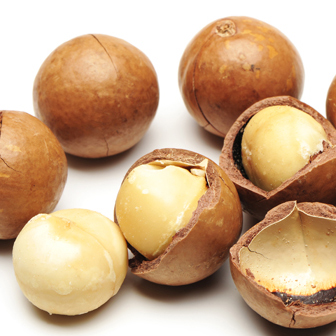 MACADAMIA NUTS MACADAMIA NUTS
Macadamia nuts affect the dog’s nervous system, gastrointestinal tract and musculoskeletal system. They pose a threat to your dog even before they’re out of the shell!
CHOCOLATE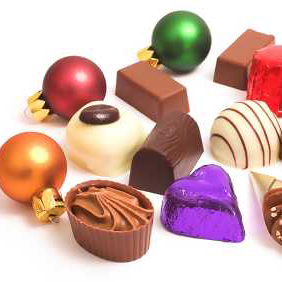
Dogs and cats are very sensitive to the chemicals in chocolate. Theobromine in chocolate affects their nervous system and gastrointestinal tract. It can make them agitated and jittery, their hearts race dangerously fast and can cause seizures. Please make sure that only humans enjoy chocolate!
 CHRISTMAS DECORATIONS AND PRESENTS CHRISTMAS DECORATIONS AND PRESENTS
Pets love playing with Christmas decorations and this can lead to serious problems, especially if eaten. Christmas lights can also be a hazard because your pets can chew them, which can lead to electrocution.
Dogs and cats are notorious for ripping open presents well before Christmas day. This can be not only frustrating for pet owners, it can be dangerous to pets, exposing them to substances and food that is harmful to them. If your pets are likely to get to the gifts, perhaps leave them out on Christmas Eve instead of days or weeks before.
GRAPES, RAISINS AND SULTANAS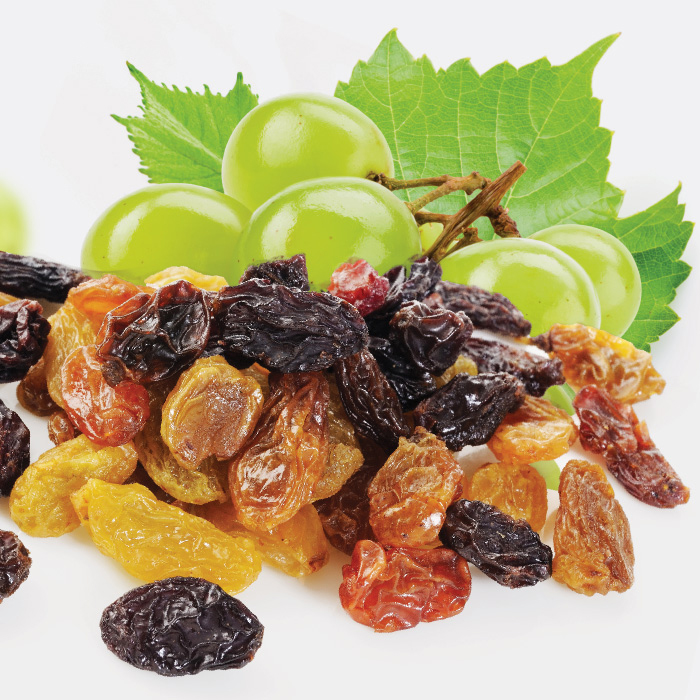
Some dogs get kidney failure from eating grapes, raisins and sultanas, which can be fatal. Christmas pudding is a rich source of raisins and sultanas so you should keep your pets away from these.
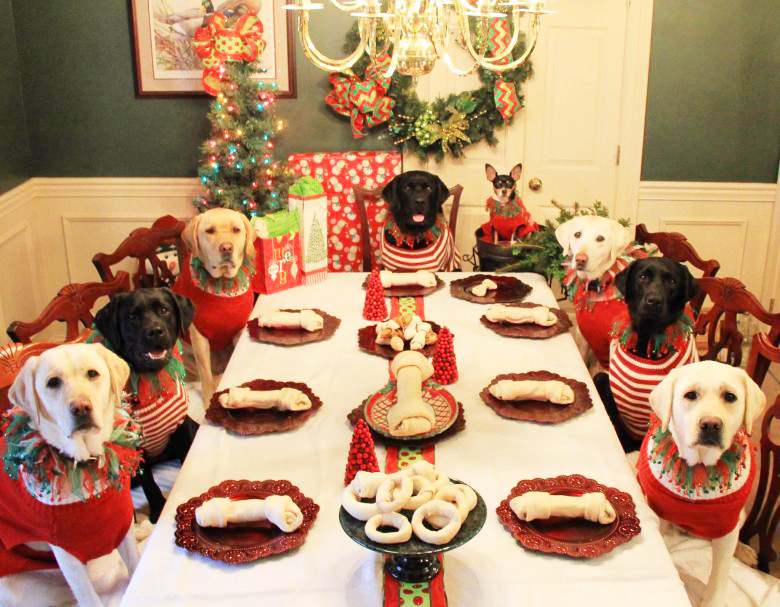 KEEP THE FEAST FOR THE FAMILY KEEP THE FEAST FOR THE FAMILY
Most dogs love to eat, especially table scraps from the bbq, a bit of turkey skin or fatty Christmas ham, which can trigger a potentially fatal condition called pancreatitis. Despite the temptation to share these treats with your pets, it’s important to avoid them and stick to their normal diet. Also avoid cooked bones which can cause fatal problems.
ALCOHOL
Dogs and cats are very sensitive to alcohol and even small amounts can cause death. Pets eating uncooked rising bread dough can acquire alcohol toxicity from fermenting yeast.
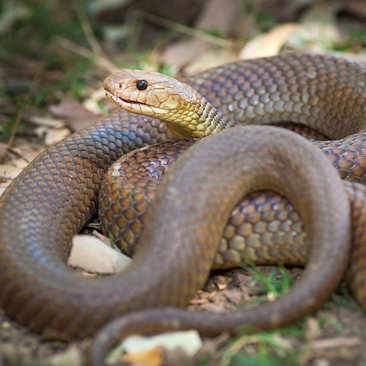 SNAKES SNAKES
At this time of the year people and pets are more active, and so are snakes. If you suspect your dog may have been bitten, always seek immediate veterinary advice.
ONIONS AND GARLIC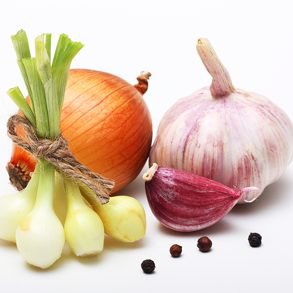
Onions and garlic are dangerous to pets, causing damage to red blood cells which can result in severe anaemia. Affected pets may be lethargic, have pale or even yellow gums and have rapid or difficulty breathing.
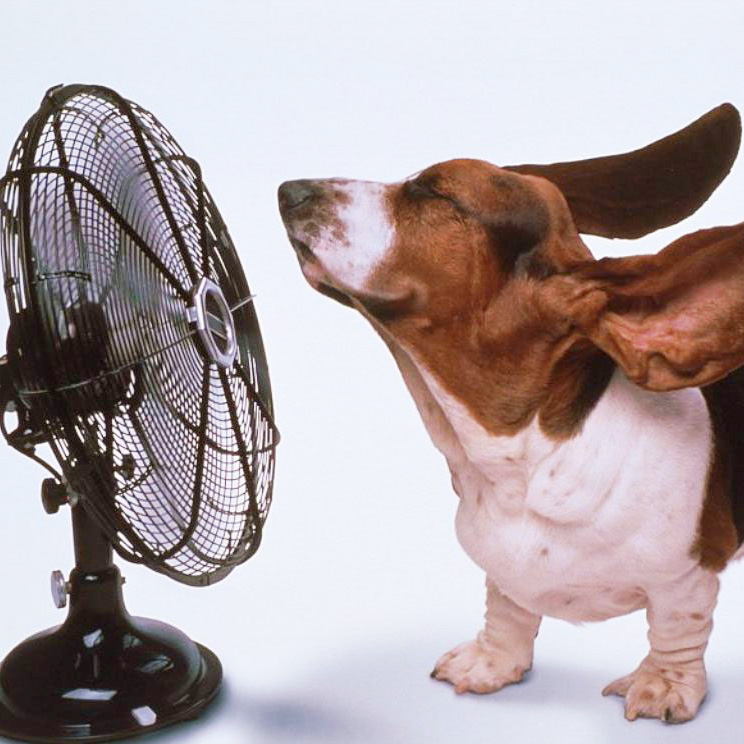 HEAT STROKE HEAT STROKE
Dogs don’t sweat like people to cool themselves, instead they pant. Exercise during hot or humid weather can put dogs at risk of overheating. It is important to avoid exercise during the hottest part of the day. Signs of heat stroke include agitation, excessive and continuous panting, vomiting, diarrhoea and collapse.
PLANTS TO AVOID
Although a very pretty plant in the garden, the ‘Yesterday Today Tomorrow’ plant is severely toxic to dogs. Dogs seem to love the flavour, especially the seed pods, but it causes severe tremors and seizures. Often, affected dogs will pass the toxic seeds in their stool.
Indoor flowers are popular decorations at this time of year but if you have cats then avoid Lilies. The orange-brown pollen in the flowers is highly toxic and can be fatal to cats. They don’t even need to eat it. Even if they walk under them and some pollen drops onto their coat they’ll consume it when they groom themselves.
Other Christmas plants like mistletoe and holly can cause vomiting and diarrhoea. Christmas lilies are not dangerous to dogs, but watch for other plants such as azaleas and rhododendrons.
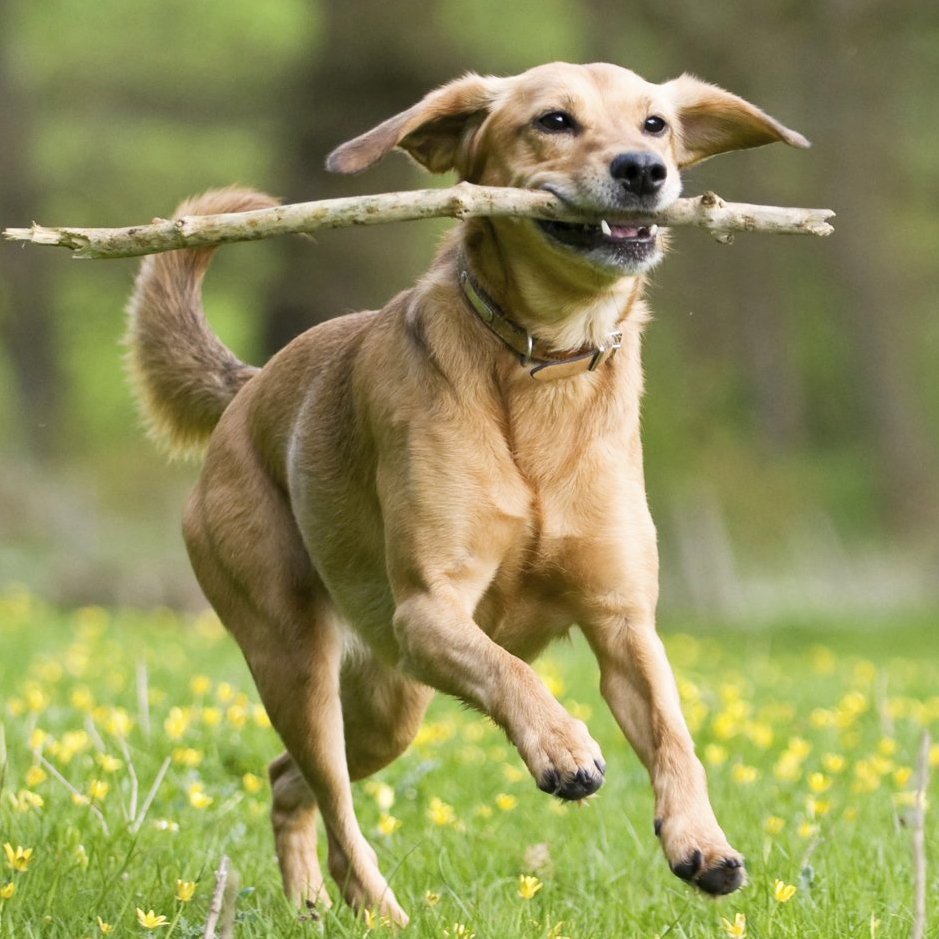 STICKS STICKS
Despite the characteristic image of a dog playing fetch with a stick, vets see terrible injuries to the back of dogs’ throats when dogs accidentally run onto the stick as it lands on the ground. A stick can tear into the back of the throat and cause a horrible injury. Stick to balls and frisbees, they’re much safer!
TICKS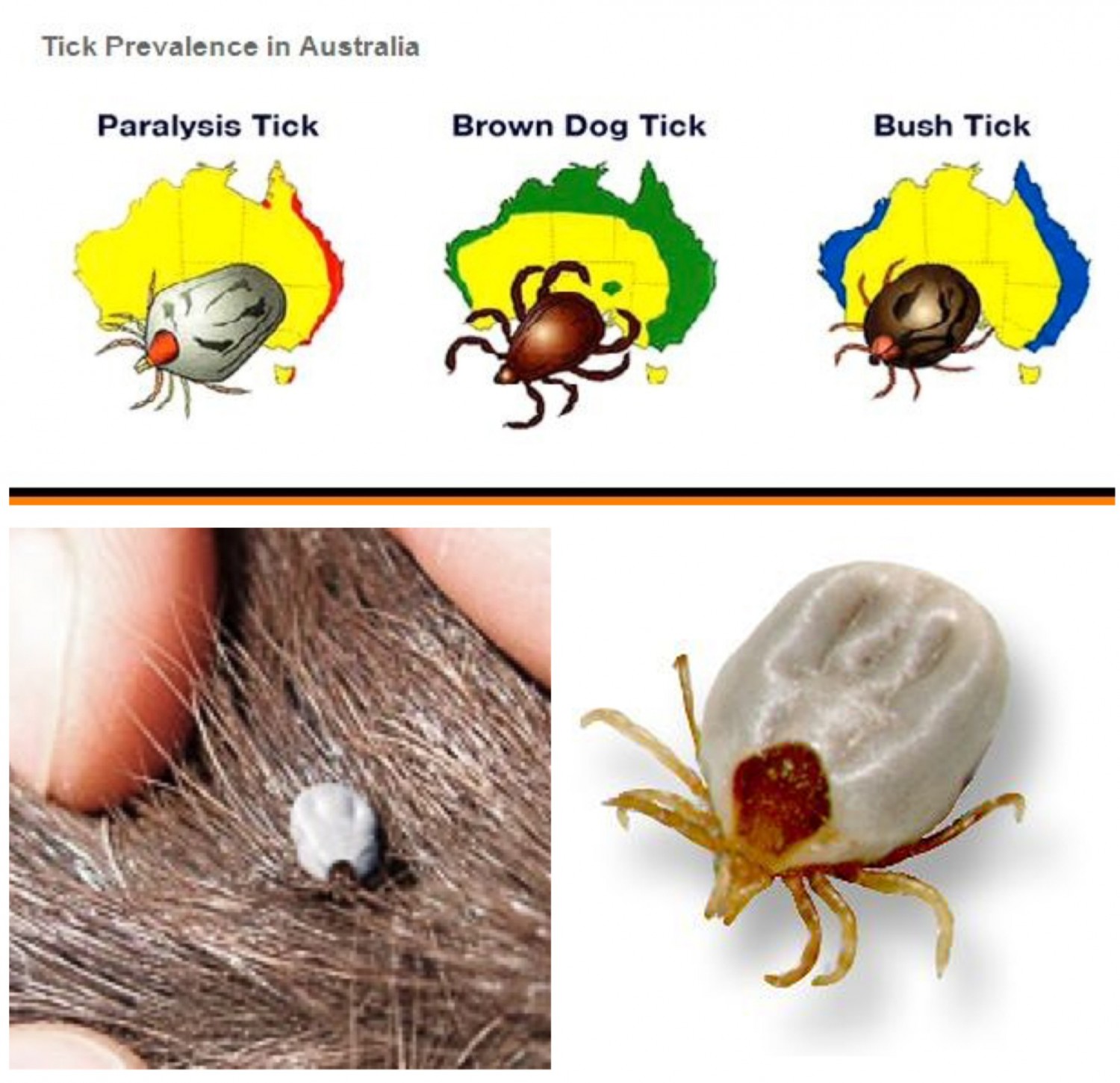
Paralysis ticks are found on the eastern seaboard of Australia and can attach to dogs and cats and cause paralysis which can be life threatening. Signs include high-pitched bark in dogs, weakness or wobbly hind legs, retching and regurgitation and eventually complete collapse. Ticks do not tend to occur around Orange, however it is important to be aware of these horrible parasites especially if you are travelling to coastal areas. See your veterinarian to get good preventative products such as Simparica, Nexgard and Bravecto. However, no product is 100% effective making it important to also regularly search your dog to detect and remove paralysis ticks.
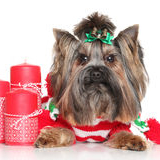 BE CAREFUL WITH CANDLES BE CAREFUL WITH CANDLES
It can be fun and Christmassy to light candles, just be sure you stay vigilant around lit candles to ensure your pet doesn’t burn him or herself, or the house!
|